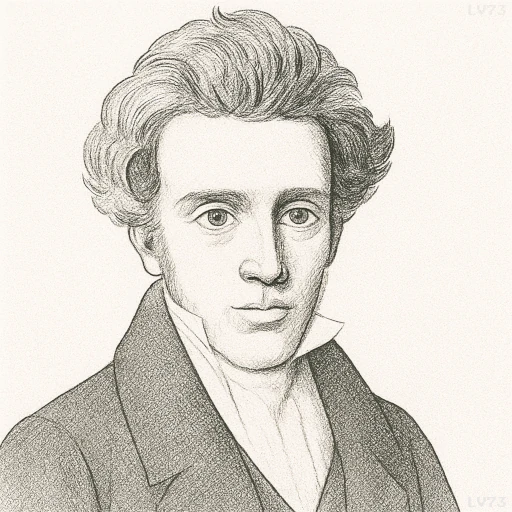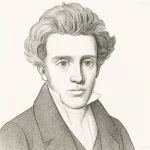“To dare is to lose one’s footing momentarily. Not to dare is to lose oneself.”

- May 5, 1813 – November 11, 1855
- Danish
- Philosopher, Theologian, Poet, Father of Existentialism
table of contents
Quote
“To dare is to lose one’s footing momentarily. Not to dare is to lose oneself.”
Explanation
This quote reveals Kierkegaard’s belief in the necessity of risk and courage in the pursuit of authentic existence. To dare—to make bold decisions, to live passionately, to take existential leaps—may involve temporary instability or uncertainty. However, to avoid daring altogether is far more dangerous, as it leads to the loss of self, a life lived in fear, compromise, or conformity.
Kierkegaard, writing in the context of 19th-century Europe, was concerned with what he saw as the spiritual stagnation of modern society. He viewed the refusal to act or choose as a kind of existential cowardice, resulting in despair. His philosophy urged the individual to take the leap of faith, whether in love, in ethics, or in religion, recognizing that such leaps involve risk—but are essential to becoming truly oneself.
This idea remains deeply relevant today. People often hesitate to make life-changing decisions—leaving a job, starting a relationship, expressing an unpopular belief—for fear of uncertainty or failure. Kierkegaard warns that such hesitation, if prolonged, leads not just to missed opportunities, but to a hollowed-out identity. To live fully, one must risk temporary imbalance in order to remain true to oneself.
Would you like to share your impressions or related stories about this quote in the comments section?


